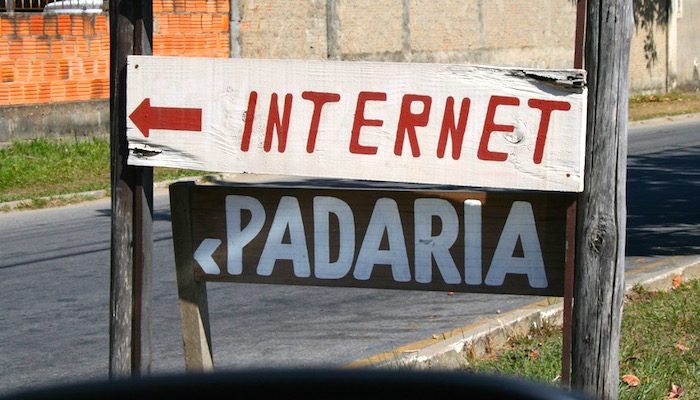
I spent the weekend doing something that 10 years of teaching and a Ph.D. in international relations never prepared me for in the slightest.
It’s not that I didn’t already have a website – I did – but there were a couple of reasons why I felt that I needed to update, relaunch, and generally clean things up online as far as my teaching and research was concerned.
First, I realised that I had my work stored all over the place. There were links back to work stored in Adelaide, Australia on the site of my alma mater, UniSA. There were links to work stored on the servers of my current employer, CEFAM, and there were extensive links to work hosted by bePress, a wonderful repository for academic research managed out of UC Berkeley. In short, even if you found my website you would be pushed back out to one of three different countries where you would potentially have to click, click, and click again to get to the paper you were interested in. I wanted to centralise everything and take back control of the research.
Second, I wanted something a little fresher and more responsive than the site I had. Freshness was not going to be an issue – my previous site was built up in black and white tones so anything a little brighter was going to help – but responsiveness was important. More often than not people were accessing my site from their tablet or phone and the website did not adapt to their screen nicely at all. If I wanted people to read my work – and I did – then I needed to make that easier.
Third, I wanted to be a little more active in engaging with people who were interested in engaging with me. Though I was getting a couple of thousand visitors a month to my site – well below the traffic that E-IR gets but not bad for a professor by himself, right? – I was not really engaging with many of the people who clicked over. I would get the odd email, the odd comment, but that was about it. There was no conversation and I wanted to try and correct that.
When it comes to creating a website, though, I didn’t really know where to turn. I had some ideas of what I wanted to do and what it might look like, and I took inspiration from others in the field who had sites that I thought were attractive and useful. Dan Drezner’s personal site, for example, has everything required, and he has his handsome face front and centre to welcome you in. I’ve always liked the design of John Mearsheimer’s site, too – is there a better painting to reflect the pessimism of his take on realism than the one that sits right in the middle of his landing page? Frank Vermeulen, a professor of strategy at the London Business School, has a very clean site, too, and he has integrated social media into hi site successfully, too.
In preparing to build and launch the site, I read some books including one – Platform by Michael Hyatt – that further convinced me of the need to have an online presence that reflected who I am, what I was doing, and that I controlled (as opposed to a Facebook page, a LinkedIn page, or a university hosted site alone). With his notion of ‘platform’ in mind, I set out last Saturday to build a personal, professorial platform in cyberspace. With a little help from my partner, I managed to have it mostly up and running by Sunday night and, while I am still tweaking and adding to me site, I am reasonably happy with the platform I have built.
Perhaps more than ever, I think professors in the discipline of IR and elsewhere need to have a space that they control that represents their teaching, research, and service. While services like Academia.edu, the Social Science Research Network (SSRN), LinkedIn, and university-hosted sites all have their place, getting research out there and read is harder than ever. A personal platform in the form of a personally hosted website is almost essential these days to promote new research and to build an audience for ideas that are battling to be heard in an increasingly interconnected and noisy marketplace of the same.
The practical aspects of building a site surely have a learning curve and – trust me – I am still trying to wrap my head around the coding, the integration of social media, and developing a full understanding of concepts like search engine optimization which, despite the efforts of my partner, is still something I struggle to comprehend in anything other than a theoretical sense.
Nothing I learned in an IR classroom prepared me for building a website in a weekend but it might just be that – in a world where research is disseminated online first and where your Google PageRank can determine your credibility – this is the skillset that will have the most impact on getting my work, my research, and my ideas to the audience they suit.
Further Reading on E-International Relations
- The Global Geographies of the Platform Economy: The World of Amazon Workers
- Inclusiveness, Pedagogy, Identity, Ideology, and the Epistemology of the Professor
- 10th Anniversary Post – Why Faculty Use Blogs
- Welcome (Back) To the Ivory Tower
- Now Recruiting – IR Theory Editors
- Structuring a Mixed-Methods Course